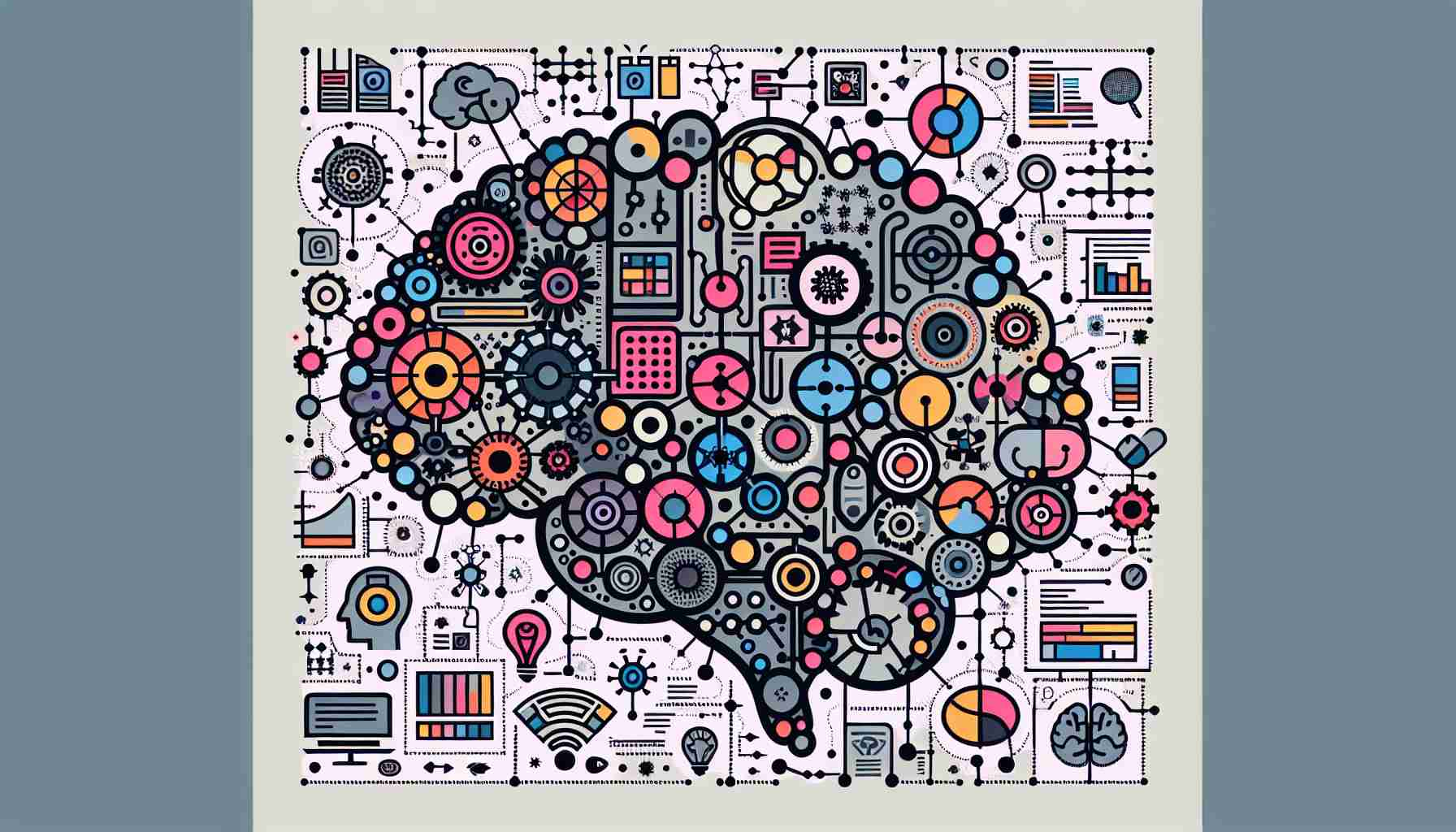Systems of Intelligence Harnessing AI for Advanced Data Analysis

Systems of Intelligence Briefly Summarized
- Systems of Intelligence (SoI) integrate artificial intelligence (AI), data analytics, and advanced technologies to create smart frameworks for decision-making.
- They often combine various data sources and systems of record to provide comprehensive insights and predictive analytics.
- SoI are typically hybrid systems, utilizing cloud, on-premises, and SaaS solutions to maximize their range of abilities.
- The evolution of AI has shifted from individual models to complex systems of intelligence, enhancing the capability to process and analyze large datasets.
- Investing in SoI is crucial for enterprises aiming to stay competitive in an increasingly data-driven world.
The term "Systems of Intelligence" has become a cornerstone in the realm of data analysis and artificial intelligence. As businesses and organizations strive to make sense of vast amounts of data, SoI offer a transformative approach to harnessing information for strategic advantage. This article delves into the concept of Systems of Intelligence, exploring their components, significance, and impact on various sectors.
Introduction to Systems of Intelligence
At its core, a System of Intelligence refers to a sophisticated blend of technologies that includes data analytics, artificial intelligence, and machine learning. It is designed to process and analyze data from multiple sources, turning it into actionable insights. These systems are not standalone entities; they often interact with existing systems of record (databases, transactional systems) and systems of engagement (customer interaction platforms) to enhance their functionality.
The advent of AI has catalyzed the development of SoI, making them an indispensable tool for modern businesses. These systems are capable of learning and evolving over time, which means they become more accurate and efficient with each analysis.
Components of a System of Intelligence
Systems of Intelligence are multifaceted, and their components can vary depending on the specific application. However, most SoI share the following elements:
- Data Integration: They can aggregate data from various sources, including internal databases, cloud storage, IoT devices, and external data services.
- Analytics Engine: At the heart of SoI is the analytics engine, which uses statistical models, machine learning algorithms, and AI to process and interpret data.
- User Interface: A user-friendly interface allows stakeholders to interact with the system, input parameters, and understand the insights generated.
- Automation Capabilities: SoI can automate decision-making processes based on the insights they generate, leading to more efficient operations.
- Learning Mechanisms: These systems are equipped with self-learning mechanisms that enable them to improve their performance over time.
The Importance of Systems of Intelligence
The significance of Systems of Intelligence in today's business landscape cannot be overstated. They provide a competitive edge by enabling organizations to:
- Make faster, data-driven decisions.
- Predict future trends and customer behaviors.
- Optimize operations and reduce costs.
- Innovate by identifying new opportunities and markets.
- Enhance customer experiences through personalization.
Applications of Systems of Intelligence
SoI have a wide range of applications across various industries. Some notable examples include:
- Healthcare: Predictive analytics for patient care, personalized treatment plans, and early detection of diseases.
- Finance: Fraud detection, risk assessment, and algorithmic trading.
- Retail: Inventory management, customer preference analysis, and personalized marketing.
- Manufacturing: Predictive maintenance, supply chain optimization, and quality control.
- Transportation: Route optimization for logistics, autonomous vehicles, and traffic management.
Challenges and Considerations
While Systems of Intelligence offer numerous benefits, they also present challenges that must be addressed:
- Data Privacy and Security: As SoI handle sensitive data, ensuring privacy and security is paramount.
- Integration Complexity: Merging SoI with existing systems can be complex and resource-intensive.
- Ethical Concerns: The use of AI in decision-making processes raises ethical questions, particularly around bias and accountability.
The Future of Systems of Intelligence
The future of Systems of Intelligence looks promising, with continuous advancements in AI and machine learning technologies. As these systems become more sophisticated, they will play an even more critical role in shaping business strategies and operations.
Conclusion

Systems of Intelligence represent a paradigm shift in how data is utilized for strategic decision-making. By leveraging AI and analytics, these systems provide invaluable insights that can drive innovation and efficiency. As technology continues to evolve, SoI will undoubtedly become more integrated into the fabric of various industries, redefining the way we understand and interact with data.
FAQs on Systems of Intelligence
Q: What differentiates a System of Intelligence from traditional data analysis tools? A: SoI are more advanced due to their ability to learn, adapt, and predict outcomes using AI and machine learning, unlike traditional tools that rely on static algorithms.
Q: Can small businesses benefit from Systems of Intelligence? A: Yes, small businesses can leverage SoI to gain insights into customer behavior, optimize operations, and compete with larger entities.
Q: Are Systems of Intelligence difficult to implement? A: Implementation can be challenging due to integration and data management complexities, but the long-term benefits often outweigh the initial hurdles.
Q: How do Systems of Intelligence impact employment? A: While SoI may automate certain tasks, they also create new job opportunities in data science, AI development, and system maintenance.
Q: Is there a risk of bias in Systems of Intelligence? A: Yes, if the data or algorithms used are biased, the system's outputs may also be biased. It's crucial to ensure diversity and fairness in the data and design of these systems.
Sources
- Artificial intelligence
- The New Moats. Why Systems of Intelligence™ are the…
- What are Systems of Intelligence? - Alteryx
- The Time Is Now: Why Enterprises Should Invest In Systems Of ...
- The New New Moats - Greylock Partners
- The evolution of AI: From individual models to systems of intelligence
- Systems with Intelligence: Remote Asset Monitoring
- The System Of Intelligence - LinkedIn
- What Are Intelligent Systems | Computer Science & Engineering
- Systems of Intelligence: Is this the VC meta-thesis we've been ...